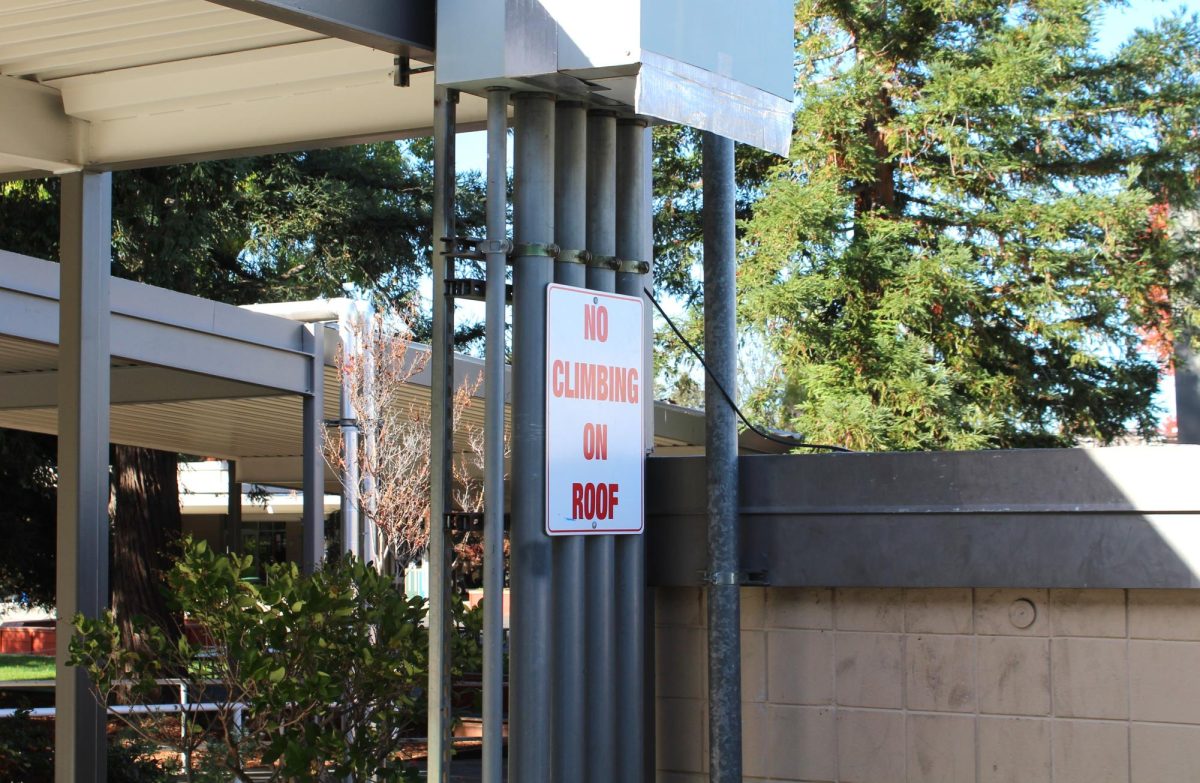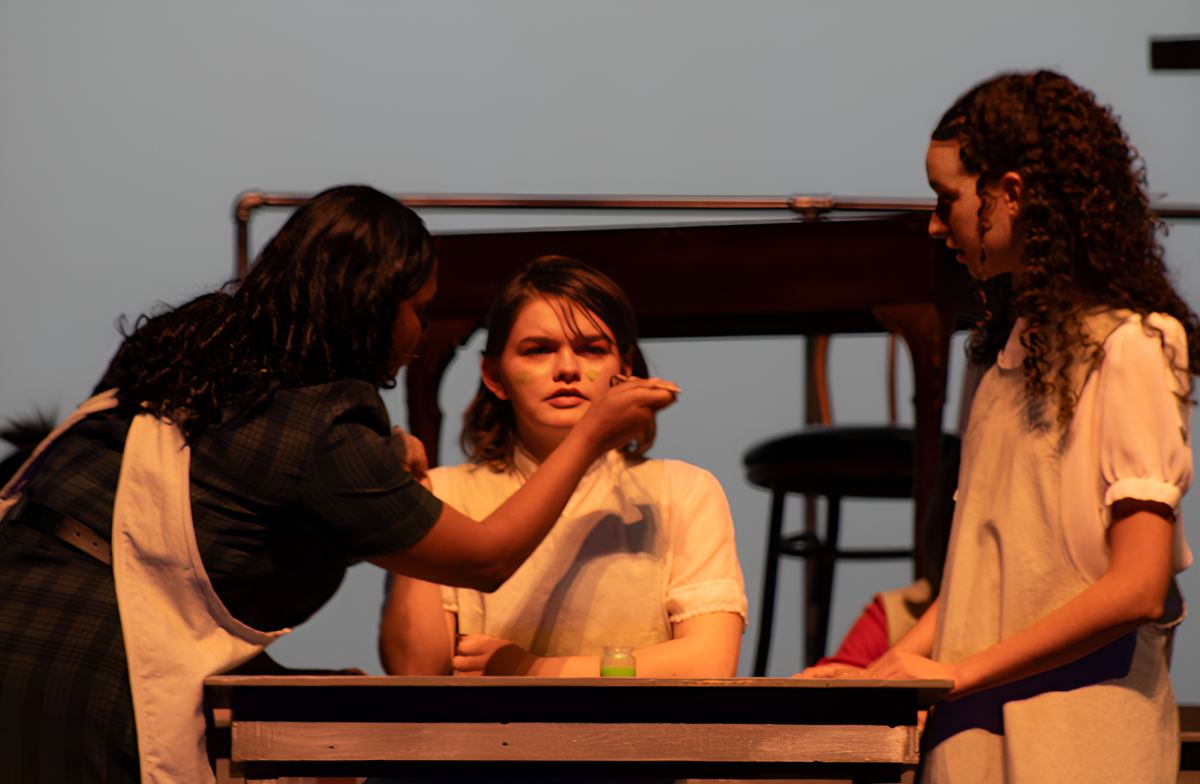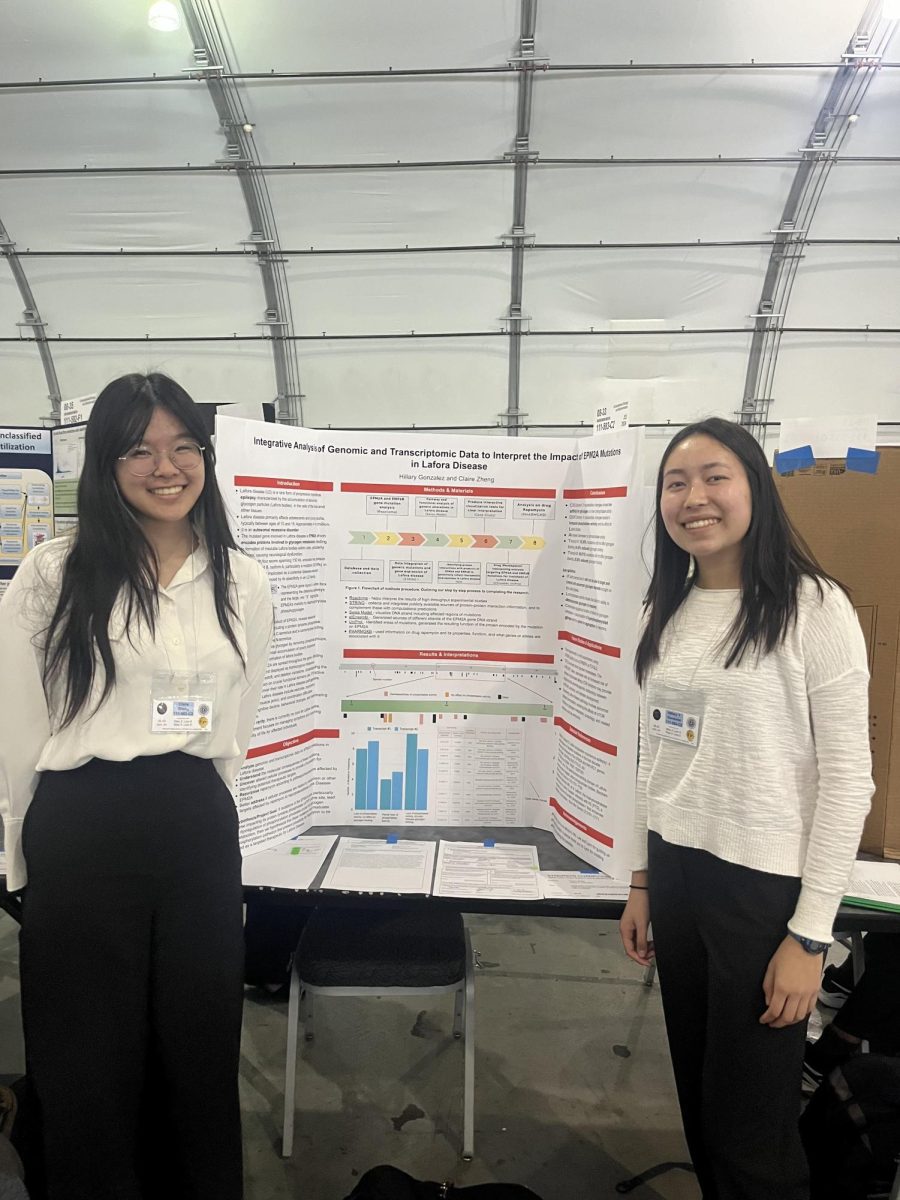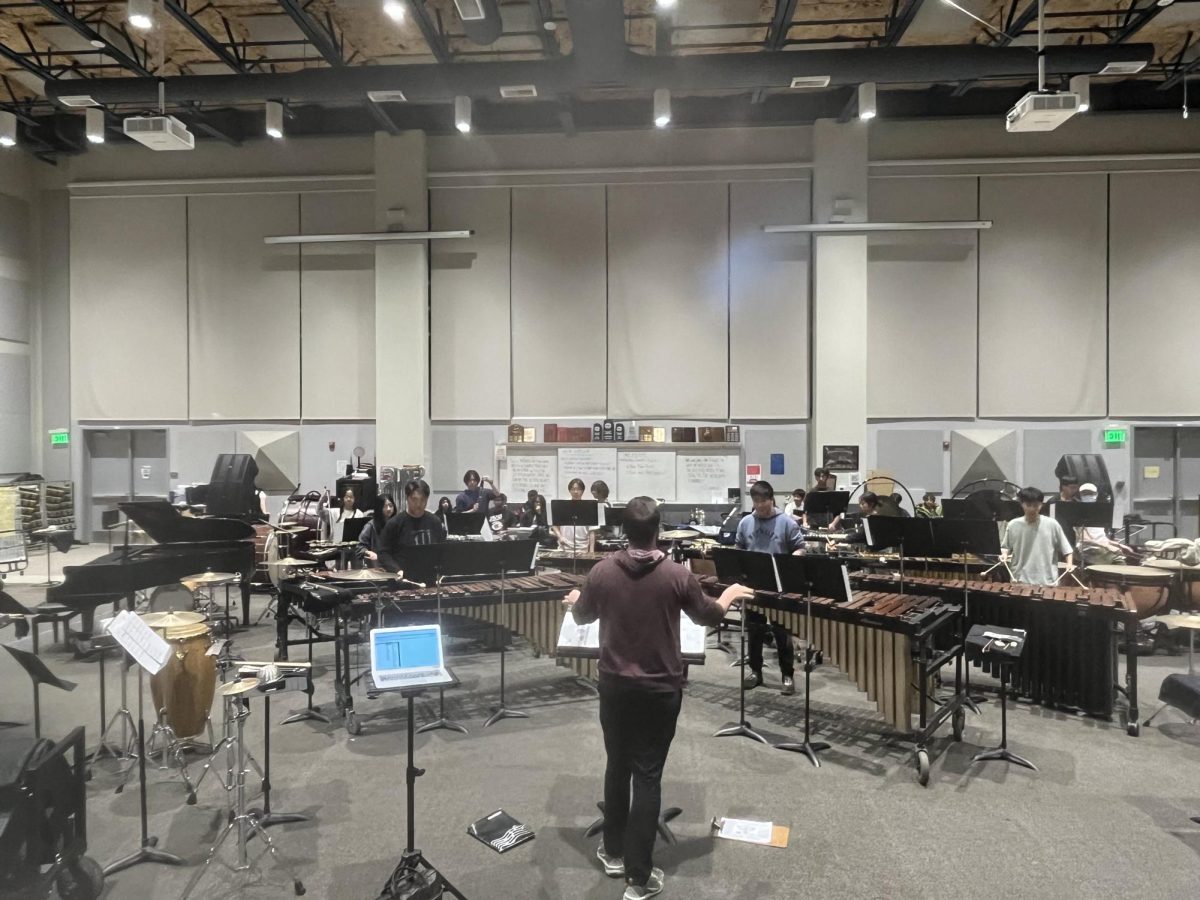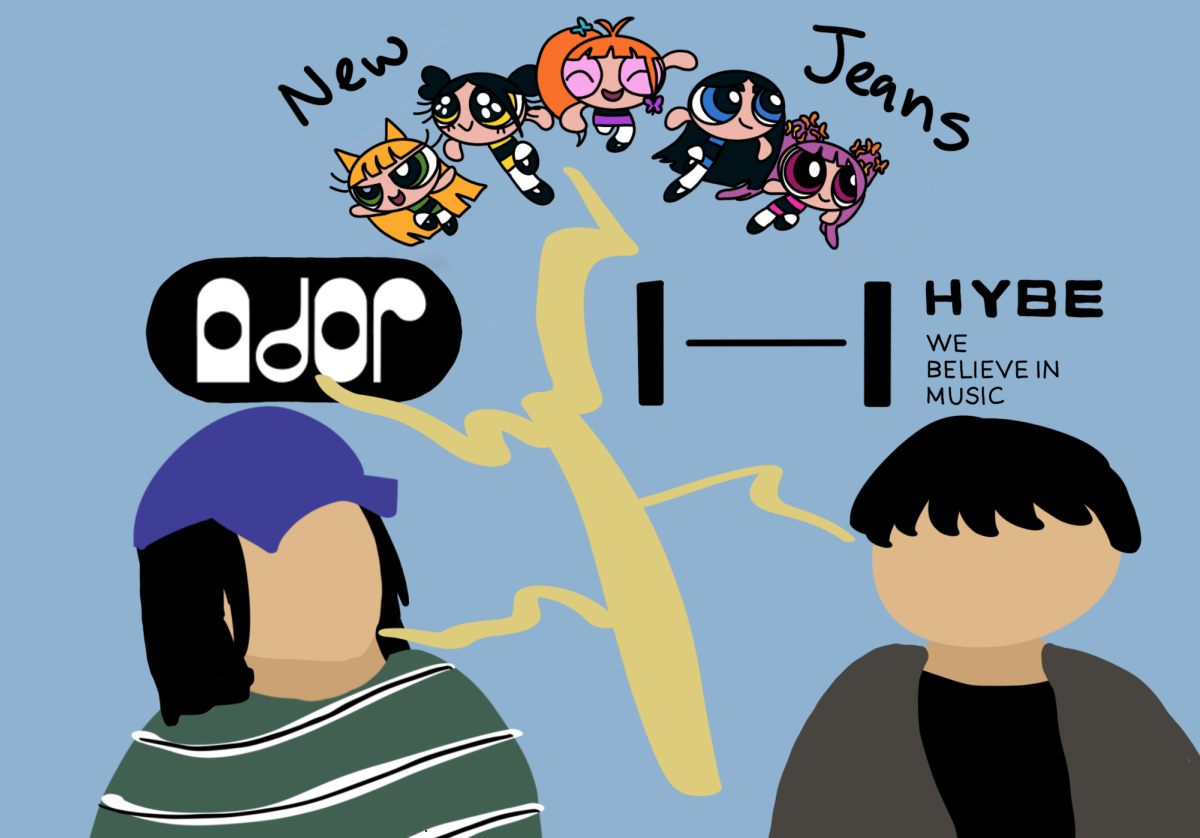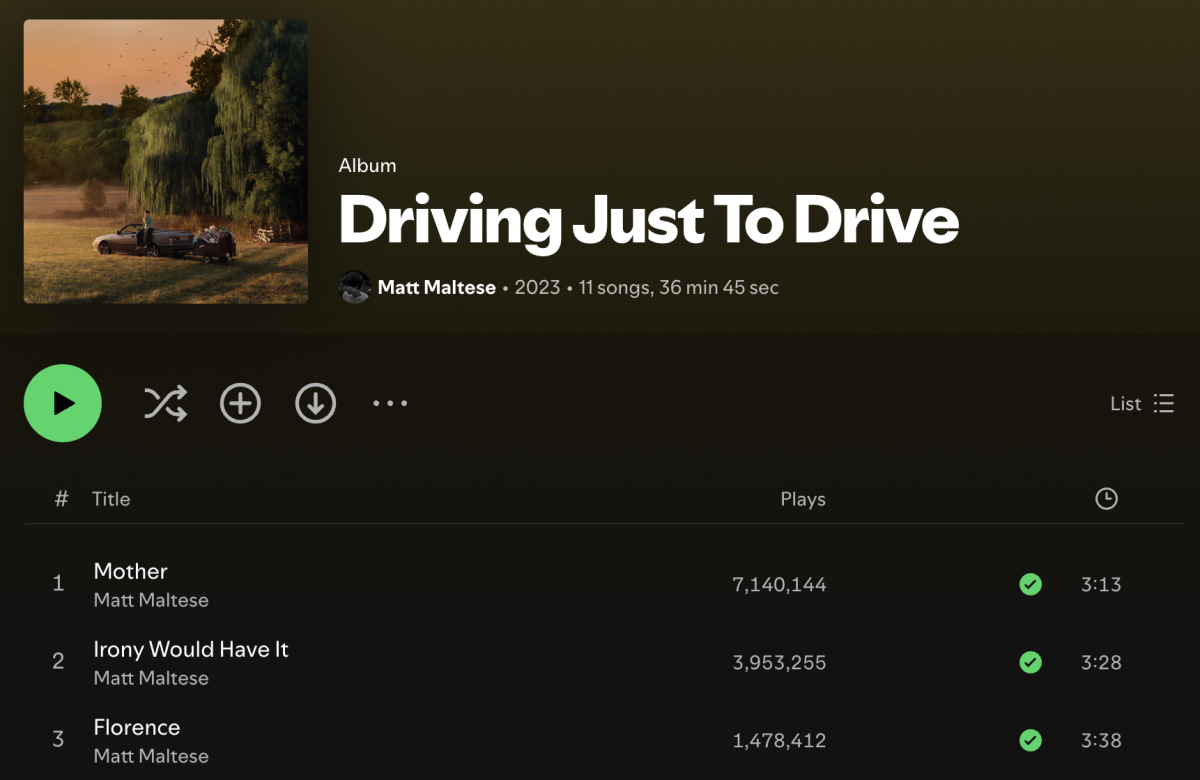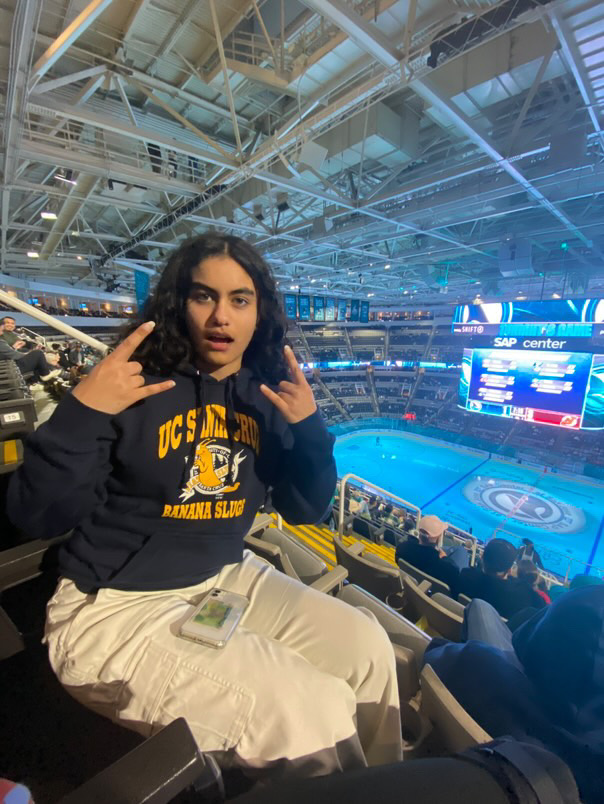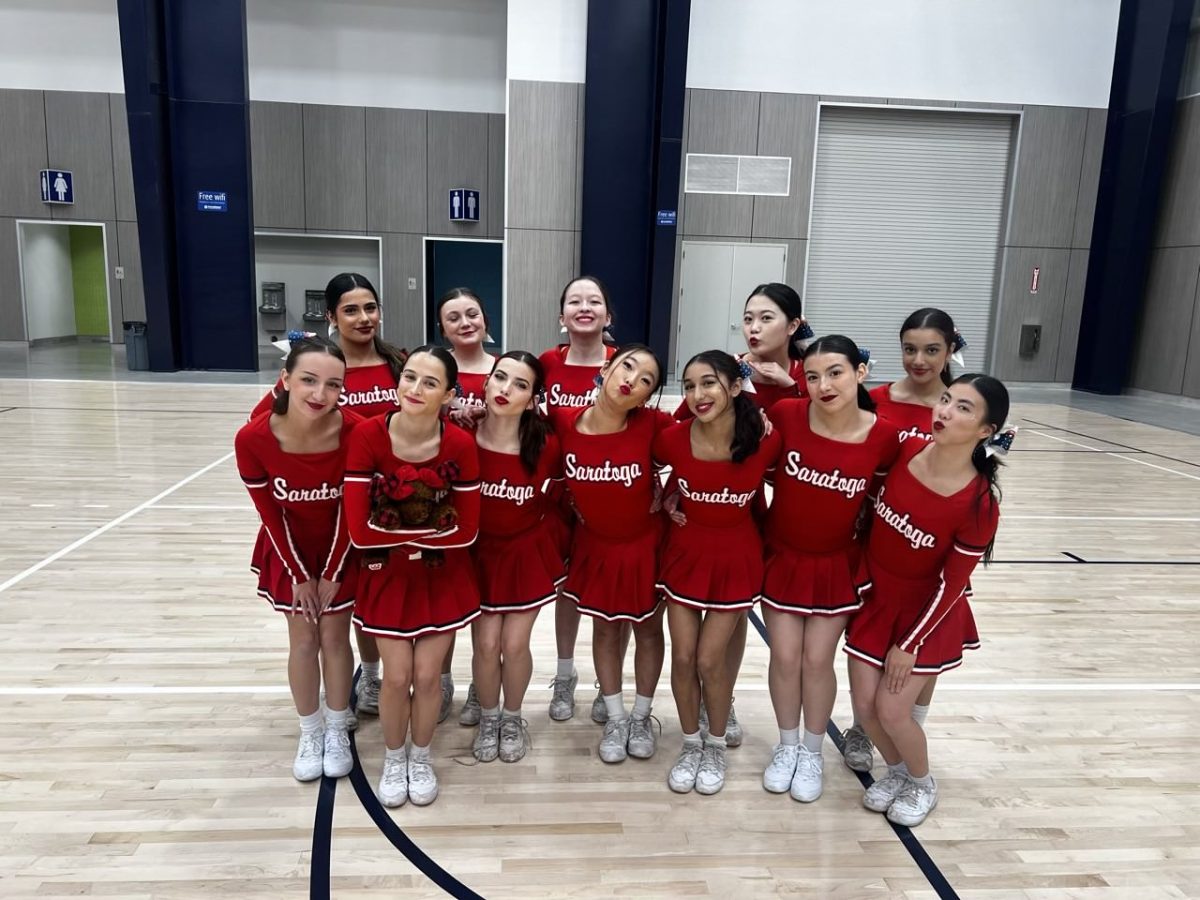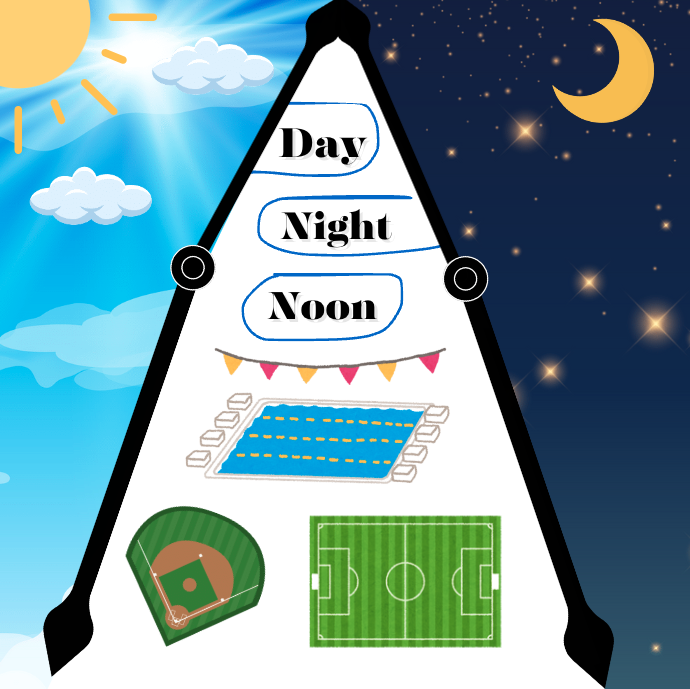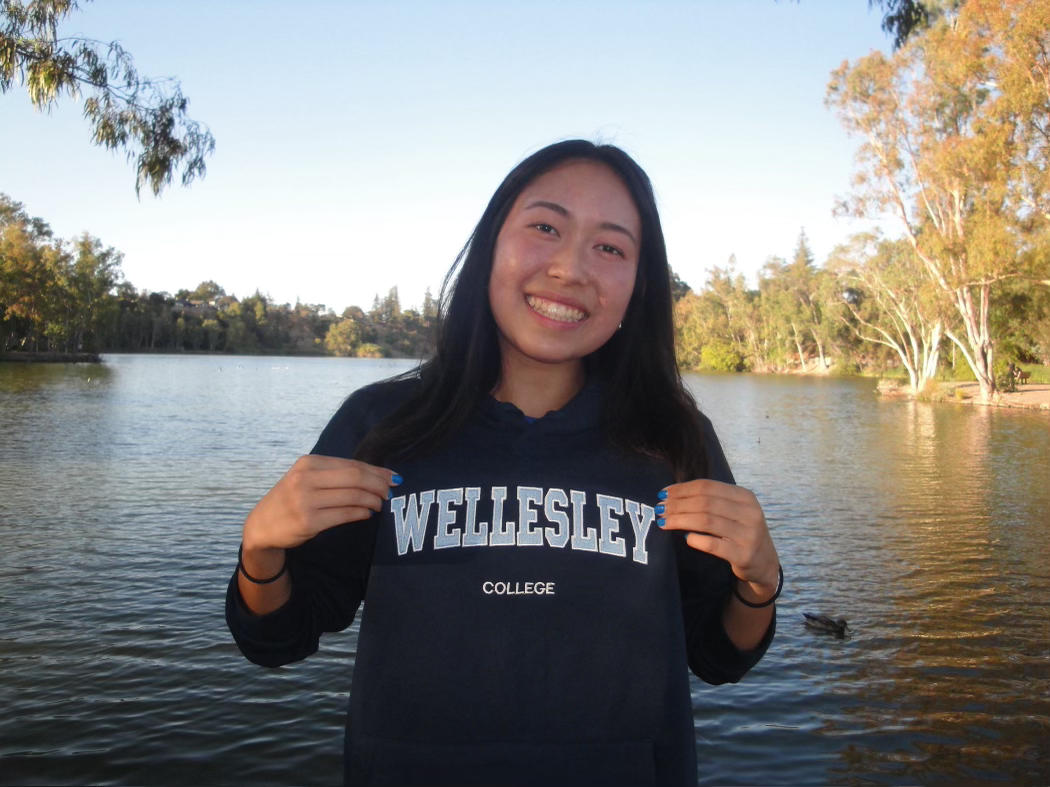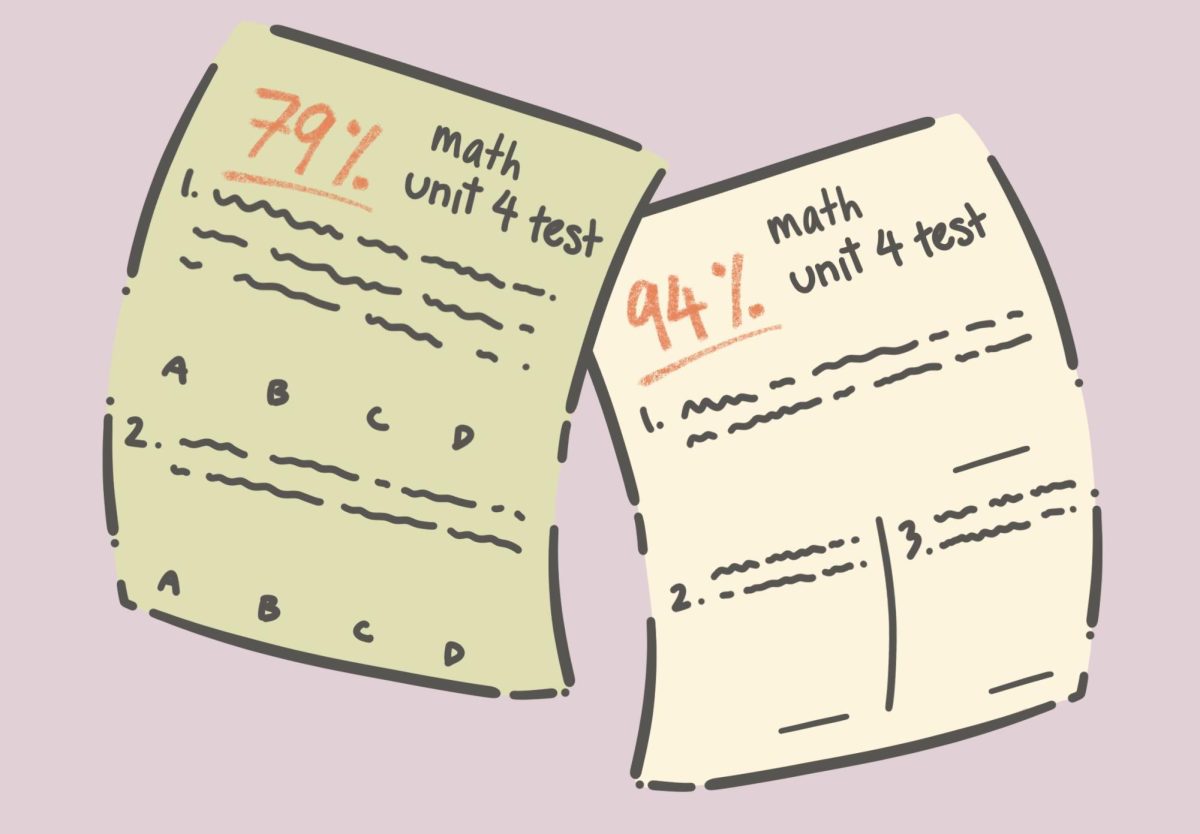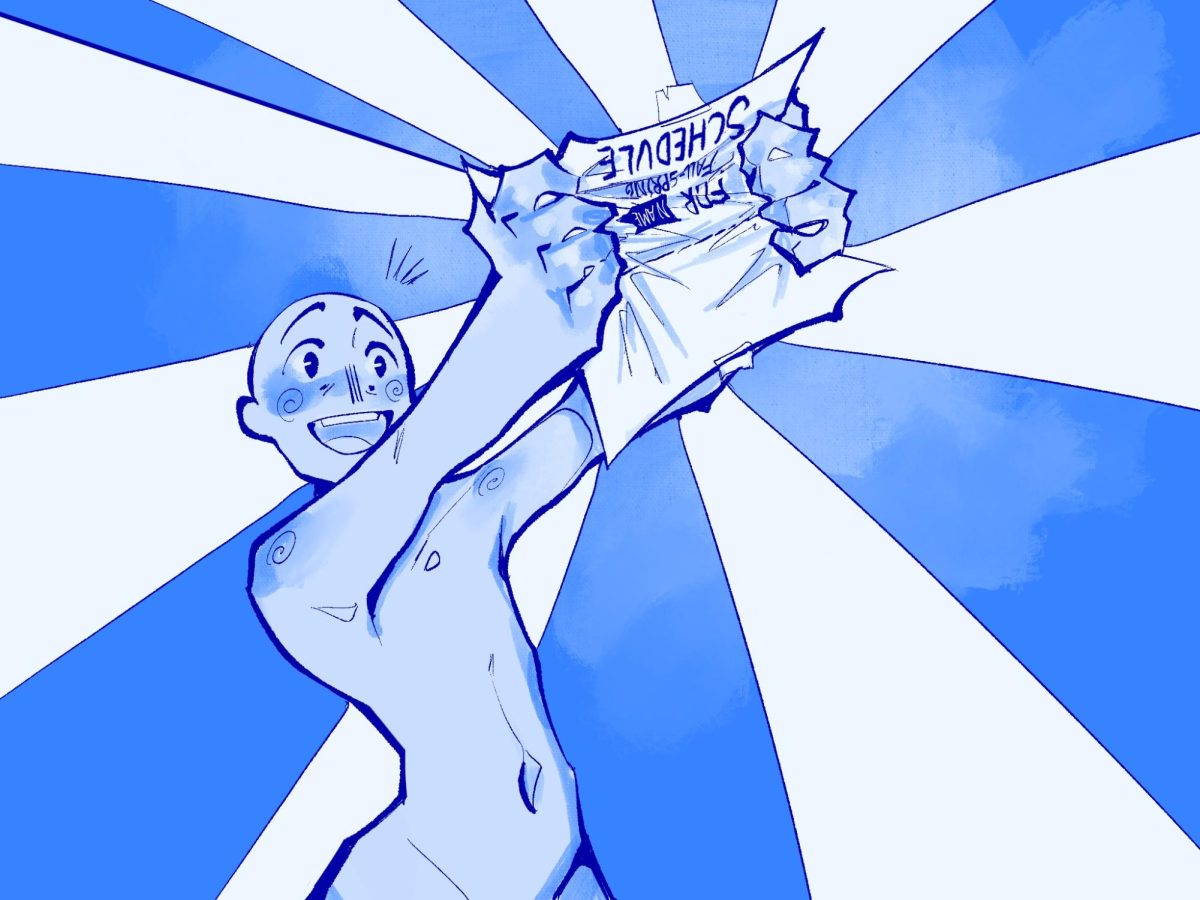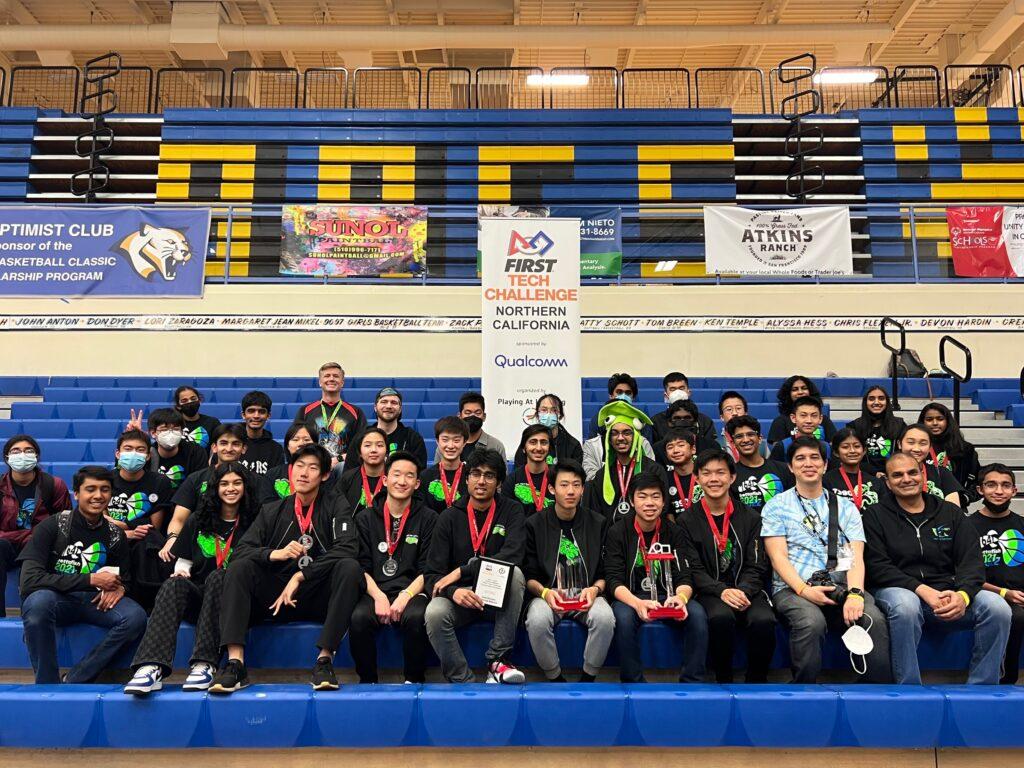All three of the school’s FIRST Tech Challenge (FTC) teams qualified and competed at the FTC NorCal Regional Championship, which occured over the weekend of March 12 at Newark Memorial High School. Only 48 teams in NorCal were invited to the two-day regional tournament based on performance at previous qualifiers; of those 48, three teams — including one from SHS — will advance to the prestigious FTC Worlds in Houston, Texas.
Typically, the robot game winner, Inspire Award winner and Inspire Award runner-up qualify for Worlds. The Inspire Award is awarded to the team judges best feel is a strong ambassador for FIRST programs and a role model FIRST team.
6165 Cuttlefish: Journey to Worlds
The 6165 MSET Cuttlefish, the school’s flagship FTC team, had high hopes for both the robot game and award selection after organizing various outreach initiatives and completely redesigning their robot in December.
Their hard work ultimately paid off, as they were the highest ranked team in the qualification matches as well as the playoffs.
“It was just really exciting to be there, since a day prior we didn’t think we would be in the finals at all,” senior design lead Joseph Zhang said.
In the finals, however, the Cuttlefish and their alliance partners, sister team 7390 MSET Jellyfish and 16236 Juice, faced an unfortunate series of events including multiple collisions, a blown fuse and an unresponsive robot that led to an extremely close 2-1 defeat. The team was disappointed; they had missed winning the robot game — and qualifying for Worlds — by just 8 points.
However, though they failed to qualify for Worlds through the robot game, they were ultimately awarded the Inspire Award, the most prestigious award of the competition, automatically qualifying them for Worlds. For the second time in the team’s history, they stand as one of 120 teams globally to qualify for Worlds, which will take place in Houston from April 20-23.
To prepare for Worlds, the team plans to do more driver practice and develop game strategies as they go. In addition, they hope to do more tuning of their autonomous software and adjust some hardware parts for a more efficient robot.
Although Zhang was disappointed that they lost the robot game, he was happy that their robot eventually functioned properly and that they ultimately did advance.
“It was exciting to see our hard work pay off,” Zhang said.
7390 Jellyfish: A Bittersweet ending
The 7390 MSET Jellyfish, one of two MSET FTC rookie teams, had high expectations for the tournament due to their high performance at their qualifier in Sunnyvale on the weekend of Jan. 29, placing second and winning the qualifier’s Inspire Award. Additionally, they were confident in their robot capabilities and game strategies.
“I thought we had a decent shot at Worlds since our hardware and design is well thought out,” sophomore software lead Matthew Huan said. “Our robot could score in the shared hub very well, which synergizes with other teams well.”
In the days leading up to the competition, Huan spent numerous hours fine tuning the robot’s autonomous program that would run for the first 30 seconds of the match and account for garnering a significant amount of scorable points each round.
The team ultimately placed third in the qualification matches and was picked by Cuttlefish to compete in the playoffs and the championship. If their alliance had won the championship, qualifying the Cuttlefish as both the NorCal Inspire Award winner and robot game winner, the Jellyfish would have advanced to Worlds as the Winning Alliance Captain (Cuttlefish’s) first pick.
“While I’m really happy [that] we placed high in the qualification matches, we barely missed out on the World’s Championship by eight points, so I was really disappointed,” Huan said.
Although the team missed their chances of going to the World Championship, Huan said their high rank in the competition sets them up for the application process of the Maryland Tech Invitational (MTI) held over the summer, a prestigious offseason FTC competition exclusive to the highest ranked teams in each region.
The tournament was a great learning experience, Huan said.
“The best part of the competition was watching our autonomous and robot finally work,” Huan said. “It was satisfying to see the product I contributed to in action and be so competitive.”
7641 Bettafish: Gaining Experience
For the 7641 MSET Bettafish, the days leading up to the competition were spent fine tuning their autonomous program, practice driving the robot and packing spare parts for the competition.
According to sophomore Kai Otsuka, a software member of the team, the team was nervous and unsure of how they would perform; however, after setting a high score during the competition and placing second in the Silicon division, they looked to continue the success.
Unfortunately, after choosing their alliances, the team lost 2-0 in the semifinals of the playoffs, eliminating them from the competition.
“Though I would have been happy with our results before the competition because we easily placed so high, I was pretty disappointed since there were a lot of logistical issues such as uncharged batteries and driver issues,” Otsuka said. “Overall, I’m happy with how we did, but given the nature of the competition, I think we could have done better.”
Otsuka said that the best part of the competition was during their fourth qualification round when they scored not only the highest score in the competition, but one of the highest in the state.
“I was really excited when we set the high score in one of the qualification matches,” Otsuka said. “It was the highest in all of the Northern California region and the third highest score in California.”
Due to their impressive rankings at regionals, the team plans to submit an application for MTI later this year to continue their passion for robotics.
“Although we didn’t get the results we wanted, I think we still did really well,” Otsuka said. “It was really fun cheering for the Cuttles and Jellies in the finals.”

